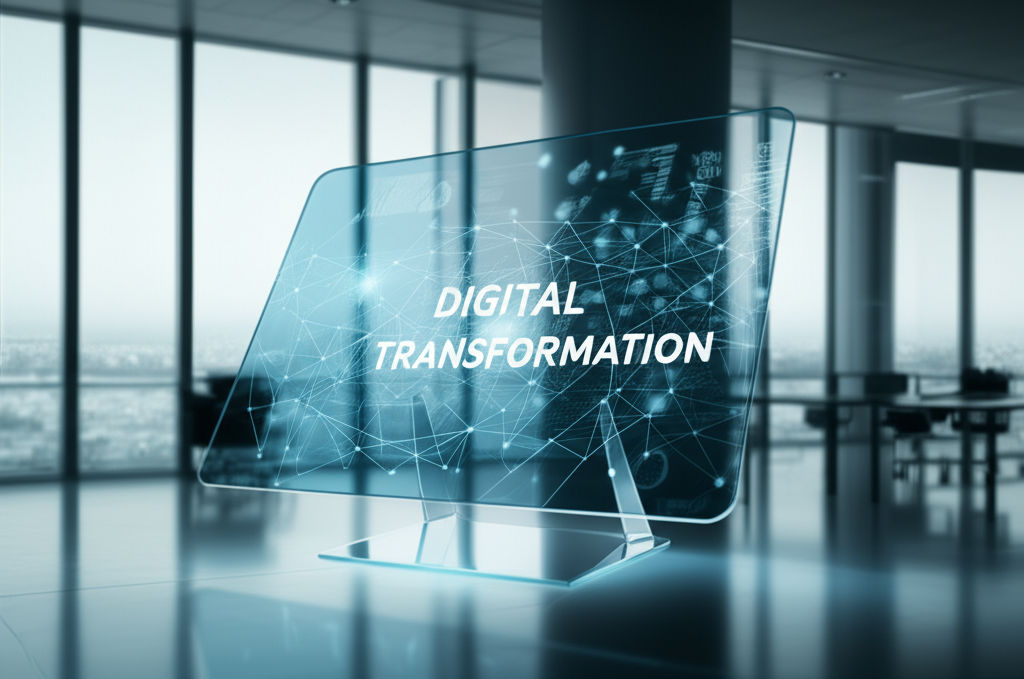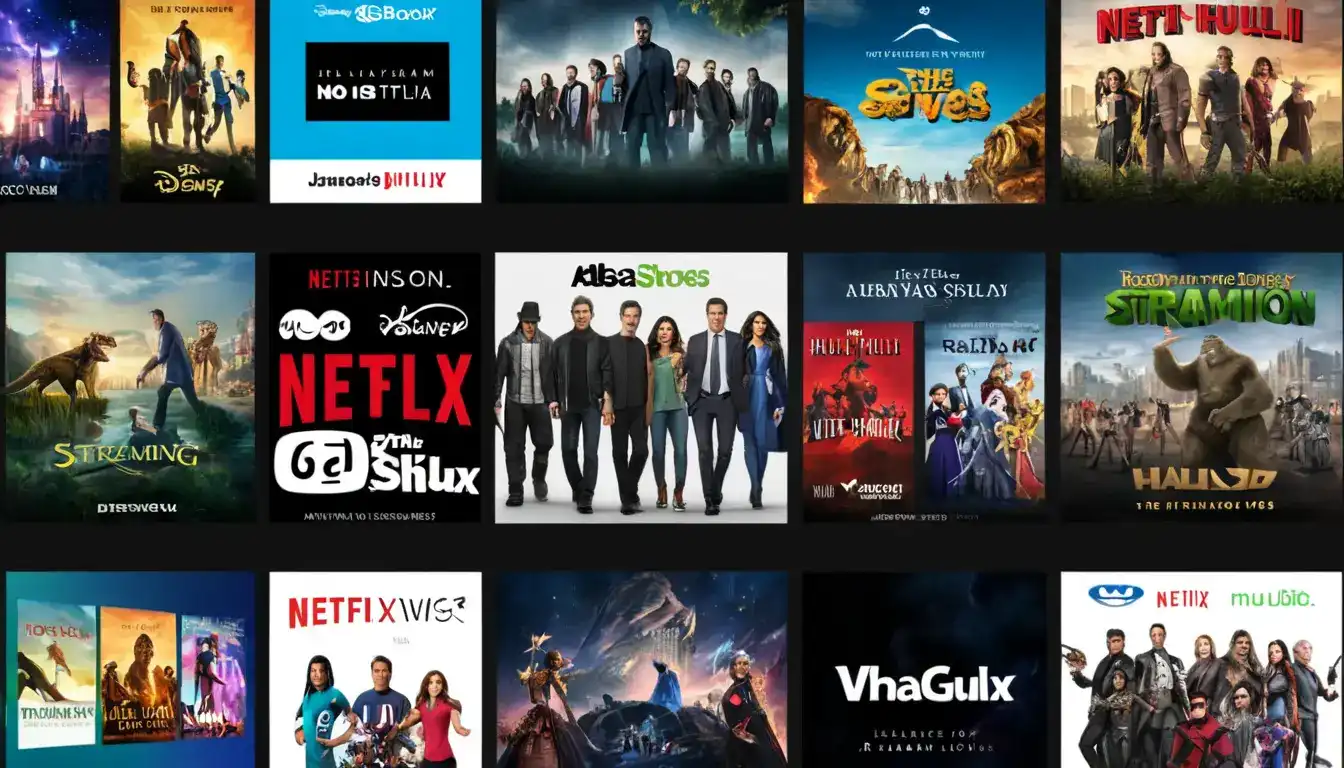Choose the Right Legal Entity
Emily Willis

Photo: Choose the Right Legal Entity
The journey of starting a business is filled with critical decisions, each shaping its future trajectory. Among the most fundamental, and often overlooked, is the choice of your business's legal entity. This isn't merely a bureaucratic formality; it's a foundational decision that impacts everything from how you pay taxes and your personal liability to your ability to raise capital and manage your operations. For entrepreneurs and aspiring business owners, understanding the nuances of different business structures is paramount to building a resilient and successful enterprise.
This comprehensive guide aims to demystify the process of how to choose the right legal entity for your venture. We'll explore the various options available, delve into the key factors that should influence your decision, and provide actionable insights to help you navigate this crucial step with confidence. Making an informed choice now can save you significant headaches, expenses, and potential legal complications down the line.
Why Your Legal Entity Matters More Than You Think
The legal entity you select for your business is far more than just a name on a registration form. It's a strategic decision with profound implications across several critical areas:
- Personal Liability Protection: Perhaps the most significant impact is on how your personal assets (your home, savings, car) are shielded from business debts and lawsuits. Some structures offer robust protection, separating your personal finances from your business's, while others do not.
- Taxation: Each business structure is taxed differently. Some entities are "pass-through," meaning profits and losses are reported on the owners' personal tax returns, avoiding double taxation. Others are taxed as separate entities, which can lead to different tax burdens and reporting requirements.
- Administrative Burden and Compliance: The complexity of setting up and maintaining a business entity varies greatly. Some require minimal paperwork and ongoing compliance, while others demand extensive record-keeping, annual meetings, and strict regulatory adherence.
- Ability to Raise Capital: If you plan to seek external funding, such as from venture capitalists or angel investors, certain legal entities are far more attractive and compatible with investment structures than others.
- Credibility and Perception: The chosen legal structure can influence how customers, suppliers, and financial institutions perceive your business's professionalism and stability.
Ignoring the importance of this decision can lead to unnecessary risks, higher tax bills, and missed opportunities for growth. Therefore, it's crucial to dedicate time and resources to understand the best fit for your specific business needs.
Understanding the Core Options: A General Overview
Before diving into the decision-making process, let's briefly outline the most common legal entities available to businesses in the United States. While state laws may vary, these core structures provide the foundation for most commercial operations.
Sole Proprietorship
The simplest and most common business structure for individual entrepreneurs.
- Definition: An unincorporated business owned and run by one individual, with no legal distinction between the owner and the business.
- Key Feature: The owner is personally liable for all business debts and obligations.
- Ease of Setup: Very easy to establish, often requiring only local business licenses.
Partnership
Formed when two or more individuals agree to share in the profits or losses of a business.
- General Partnership (GP): All partners share in management, profits, and have unlimited personal liability for business debts.
- Limited Partnership (LP): Has at least one general partner with unlimited liability and one or more limited partners whose liability is limited to their investment. Limited partners typically have no management role.
- Limited Liability Partnership (LLP): Similar to a GP, but offers some liability protection for partners from the acts of other partners. Common among professionals like lawyers and accountants.
- Key Feature: Requires a partnership agreement outlining responsibilities, profit/loss distribution, and dispute resolution.
Limited Liability Company (LLC)
A popular hybrid business entity that combines the liability protection of a corporation with the tax benefits and operational simplicity of a partnership or sole proprietorship.
- Definition: A flexible business structure that shields the owners (members) from personal liability for business debts and actions.
- Key Feature: Can choose to be taxed as a sole proprietorship, partnership, S-Corp, or C-Corp, offering significant tax flexibility.
- Ease of Setup: Relatively easy to form, but requires more formal steps than a sole proprietorship.
Corporations (S-Corp and C-Corp)
Separate legal entities distinct from their owners. They offer the strongest liability protection but come with more complex administrative requirements.
- C-Corporation (C-Corp):
- Definition: A separate legal entity that is owned by shareholders.
- Key Feature: Subject to "double taxation" – the corporation pays taxes on its profits, and shareholders pay taxes on dividends received. Ideal for businesses seeking significant outside investment or planning to go public.
- Complexity: Highest administrative burden and compliance requirements.
- S-Corporation (S-Corp):
- Definition: A special designation for a corporation that elects to pass corporate income, losses, deductions, and credits through to its shareholders for federal tax purposes.
- Key Feature: Avoids double taxation (like a C-Corp) but maintains the liability protection of a corporation. Has specific eligibility requirements (e.g., limited number of shareholders, U.S. citizens/residents only).
- Complexity: More complex than an LLC, less than a C-Corp.
Latest ✨
View Allculinary landscapes of Italy, France, and Japan, highlighting the unique and mouthwatering cuisines of each country. It explores the simplicity of Italian cuisine, the elegance of French cuisine, and the delicate dance of flavors in Japanese cuisine. It also delves into the cultural immersion of each country's culinary customs, emphasizing the joy of conviviality in Italy, the celebration of refinement in France, and the harmony of flavors and aesthetics in Japan.
Emily Willis
Unlock unstoppable brand growth! Discover how influencer marketing builds trust, amplifies reach, and boosts your bottom line in the digital age.
Emily Willis
Master workplace conflict resolution! This guide explores understanding, addressing, and preventing disputes for a healthier, more productive work culture.
Emily Willis
Starting a business? Learn to conquer common startup challenges, from securing funding to managing cash flow, with practical strategies for lasting success.
Emily Willis
Business
View All
June 8, 2025
Master Your Business Cash FlowMaster cash flow! Understand its importance, how it differs from profit, and actionable strategies to boost your business's financial health.
Emily Willis

June 9, 2025
Digital Transformation: What's Next?What's next for digital transformation? Explore its evolving landscape, key drivers, emerging technologies, and strategies for future business success.
Emily Willis

June 8, 2025
Strategic Planning for Long-Term WinsChart your course to enduring success! This article demystifies strategic planning, offering an actionable framework for long-term wins and sustainable growth.
Emily Willis
Economy
View AllNavigating government debt: Explore its complexities, challenges, and actionable solutions for a healthy economy and a prosperous future.
Read MoreDemystify the economy! Learn essential economic indicators like GDP, inflation & unemployment to make smarter personal and financial decisions.
Read MoreUncover the invisible market forces shaping prices & production. Learn how supply & demand drive our economy—essential for consumers & businesses.
Read MoreEntertainment
View All
August 5, 2024
Fandom's Power: Passionate Communities and Cultural ImpactFandoms are dedicated groups of fans who come together around a shared love for a book series, movie franchise, or other interest. They provide a sense of belonging and community for individuals, particularly those who may feel like outsiders in their everyday lives.
Emily Willis

August 4, 2024
The Latest Music Trends, Artists Influencing Pop Culture, and How Digital Platforms Facilitate the Distribution of Music GloballyThe music industry is constantly changing due to consumer preferences, technology, and the influence of artists. Digital platforms have revolutionized music creation, distribution, and consumption, leading to genre fusion, the rise of independent artists, and collaborative projects. Influential artists like Billie Eilish, BTS, and Taylor Swift have shaped pop culture globally. Streaming services, social media, and direct-to-fan engagement have transformed music distribution. Digital platforms also promote cultural diversity and inclusivity, expand markets and revenue, and drive technological advancements. The industry is also focusing on sustainability and ethical practices. To succeed in the future, stakeholders must embrace digital transformation and champion inclusivity.
Emily Willis

August 4, 2024
The Evolution of Streaming Services Such as Netflix, Disney+, Hulu, and the Implications for the Traditional Entertainment IndustryThe rise of streaming services has revolutionized the entertainment industry, offering on-demand access to a vast library of content through internet-connected devices. Platforms like Netflix, Disney+, and Hulu have diversified their content libraries, reshaped consumer behavior, and challenged traditional distribution models. Technological advancements have enhanced streaming experiences, while economic and cultural implications have led to global market expansion and increased investment in original content production. The future of the streaming industry will be shaped by competition, convergence of media and technology, and the need for adaptation to changing consumer preferences. Embracing digital transformation and strategic partnerships will be crucial for stakeholders in navigating the evolving landscape of modern entertainment.
Emily Willis
Health
View Allsleep for physical and mental well-being, discussing the benefits of sleep such as physical restoration, brain function, emotional regulation, concentration, and reduced risk of chronic diseases. It explains the different stages of the sleep cycle and provides guidelines for how much sleep individuals of different ages need.
Emily Willis
Nutrition is crucial for maintaining overall body health, impacting energy levels, disease prevention, and overall well-being. A healthy diet includes fruits, vegetables, whole grains, proteins, healthy fats, and hydration. Proper nutrition positively affects energy levels, immune function, heart health, weight management, and mental health. Practical tips for improving nutrition include planning balanced meals, reading food labels, cooking at home, limiting processed foods, and staying hydrated. By prioritizing nutrition and making informed choices, individuals can enhance their health and well-being.
Emily Willis
The healthcare landscape is being transformed by technological advancements, with telehealth and remote care providing convenient access to healthcare services. Artificial intelligence is revolutionizing diagnostics, personalized medicine, and drug discovery. Wearable technology is empowering patients to take control of their health.
Emily Willis
Trending 🔥
View All
1
2
3
4
5
6
7
8
9
10
Lifestyle


Sports
View AllAugust 5, 2024
Sportsmanship in the Spotlight: Cultivating Respect, Integrity, and Ethical Behavior
Read MoreAugust 4, 2024
The Importance of Mental Training and Psychological Strategies in Helping Athletes Reach Their Peak Performance on the Field
Read MoreAugust 5, 2024
Celebrating Sports Legends: Honoring Iconic Figures and Their Enduring Impact
Read MoreTechnology
View All
August 5, 2024
The Most Common Types of Cybersecurity Threats
In today's digital age, cybersecurity threats are increasing in sophistication and frequency. It is important for businesses and individuals to be aware of these threats in order to protect sensitive information and maintain privacy. Understanding common types of cybersecurity threats is the first step in safeguarding against them.

August 5, 2024
How to Build a Smart Home Using IoT Devices
The concept of a smart home has become a practical reality for many homeowners, utilizing IoT devices to automate and control household functions.

August 5, 2024
Oculus Quest 2 vs HTC Vive Pro – Which Should You Choose?
Oculus Quest 2 vs HTC Vive Pro – which VR headset reigns supreme? Dive into this ultimate showdown to discover the strengths and weaknesses of each, and decide which one is worth your investment. From specs and comfort to content and price, we'll help you make an informed choice.

August 4, 2024
Bridging the Digital Divide: Ensuring Everyone Has Access to Technology
we can bridge this gap and create a more inclusive digital landscape.


















